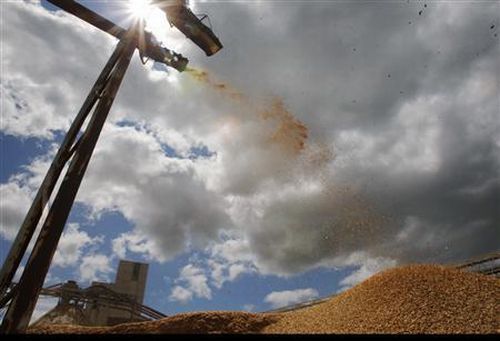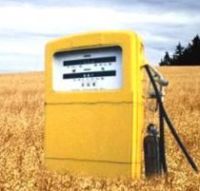
Maine’s Old Town Fuel and Fiber Mill suggests a way out of the fuel scarcity that we witness today. It, in fact, is going to produce cellulosic bio-butanol, normally used as a jet fuel, from trees’ residual. In doing so, it excels various start-ups like Tetravitae Bioscience in Chicago and Cobalt Biofuels in Mountain View, California. Though it may appear strange or perhaps unprecedented, as Reuter puts it, it’s still a factual eye-opener for all those emission-traders who never think of that production part.
More efficient than corn-based ethanol and gasoline:

It’s really comparable to gasoline… ethanol is easier to make, it’s just not easier to use. Butanol doesn’t have those same restrictions.
Says Mark Bunger, a biofuels analyst at Lux Research
Maine Mills will produce 1.5 million gallons of biobutanol a year. Biobutanol is more efficient than the corn-based ethanol because:
1) It doesn’t corrode the pipelines and is transportable.
2) It mixes easily with gasoline.
3) It’s 30 percent more energy-efficient when compared to its corn-based counterpart.
4) Its use doesn’t require a change to the car engine.
Fully realizable; funds not an issue:
Moreover, two 30-meter-high vessels are presently extracting sugar from wood refuse and it’s the first step toward its production. And the next stage will hardly cost any big bucks to the company since it’s already using the same raw material in its primary business. Another $75 million will actually aid in setting up the bio-refinery and you could see actual production in less than two years. Patriarch Partners has already invested $40 million in the project. While the Obama administration backs it with tax breaks and grants, and the Department of Energy extends its support, it’s perfectly realizable.
Image Source: Reuters

